Questions About Kidney Transplant
You're considering a kidney transplant and you've got questions. That's normal. It's a big decision and understanding the process can be overwhelming.
We've gathered all the crucial information you'll need to navigate this journey effectively. From evaluating eligibility to finding a donor, we'll guide you through every step.
So let's dive in, shed some light on your doubts, and empower you to make informed choices about your health.
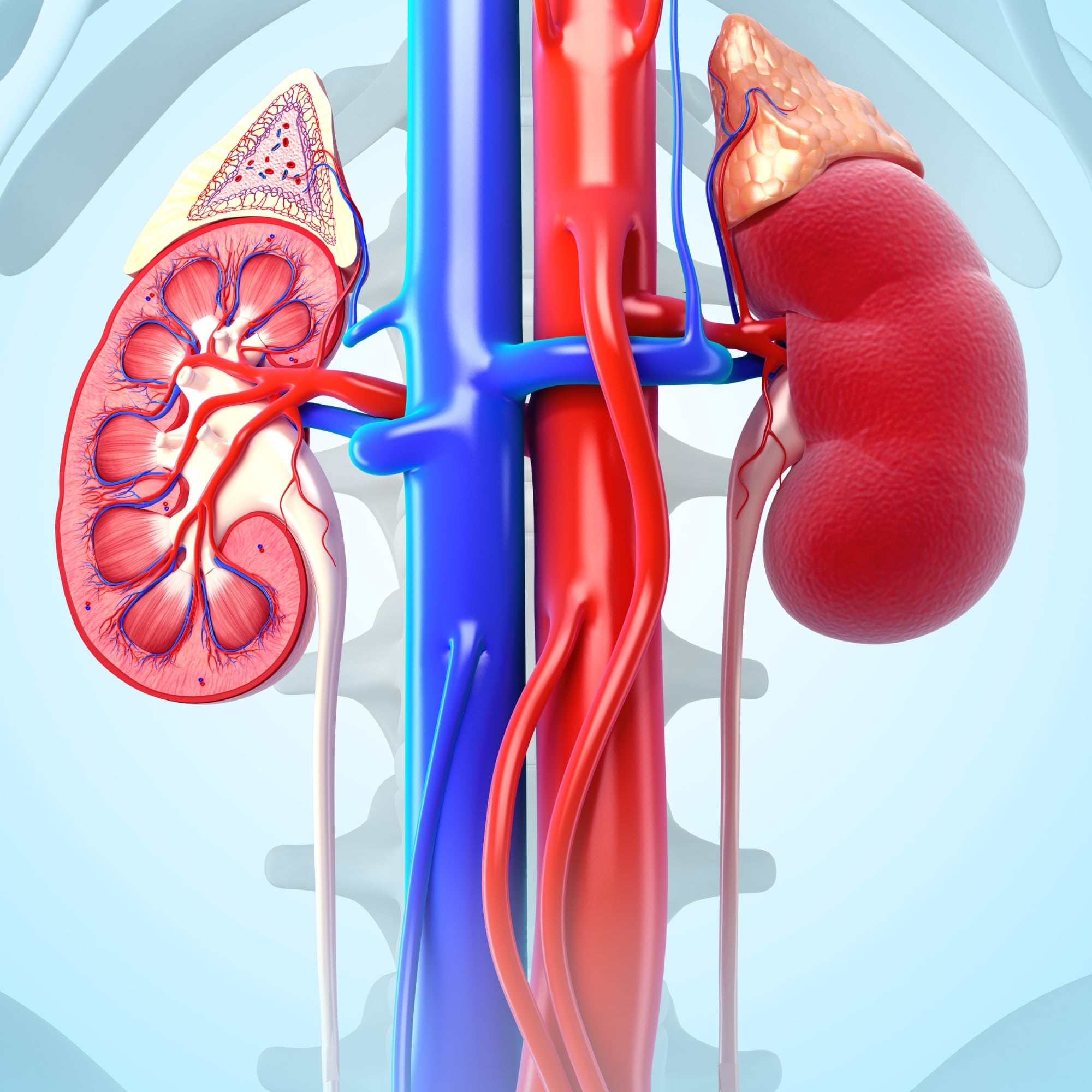
Jump to:
- Key Takeaways
- Understanding the Basics of Kidney Transplant
- Evaluating the Eligibility for a Kidney Transplant
- The Role of Donors in Kidney Transplantation
- Navigating the Process of Getting a Kidney Transplant
- The Financial Aspect of Kidney Transplantation
- Embracing Life Post-Transplant: Care and Maintenance
- Strategies for Finding a Suitable Kidney Donor
- The Crucial Evaluation Process for a Kidney Transplant
- What to Expect During Kidney Transplant Surgery
- The Risks, Complications, and Lifestyle Changes After a Kidney Transplant
- Frequently Asked Questions
- Answering Your Questions About Kidney Transplants
Key Takeaways
- Kidney transplant is a surgical procedure that replaces a non-functioning or diseased kidney with a healthy one.
- Eligibility for kidney transplant goes beyond age and medical history, considering physical health, psychological well-being, and support systems.
- Living and deceased donors are the two main sources of organ donors, and their emotional implications and ethical considerations should be taken into account.
- Navigating the kidney transplant process involves thorough assessments, understanding waitlisting procedures, and emotional preparation with family support.
For More Recipes and Ideas --->> Get Your Free Meals and Recipes That Are Perfect for Pre-Dialysis Diets, Pre-Dialysis with Diabetes, or Dialysis Diets.
Understanding the Basics of Kidney Transplant
You're about to dig into the complex and fascinating world of kidney transplant, a surgical procedure that replaces a non-functioning or diseased kidney with a healthy one sourced from a donor.
You'll discover the intricacies of this life-saving operation, understanding not just what it involves but why it's considered such an important medical breakthrough.
Moreover, we'll discuss the different sources of kidney donors, shedding light on the procedures, ethical considerations, and health implications surrounding organ donation.
Defining Kidney Transplant
Let's start by understanding what a kidney transplant is. It's essentially when a healthy kidney from one person is placed into the body to take over the work of two failed kidneys.
There are several misconceptions about transplants that you need to dispel. Kidney diseases aren't always caused by lifestyle choices, genetics play a major role.
Recipient's psychological preparation is crucial. It's not just about physical readiness. Transplant legislation exists to ensure ethical and fair distribution of organs.
It's important to understand these facets, not only for potential recipients but also for those who desire to serve this community. Be aware too, of organ trafficking issues, it's an illegal act that exploits vulnerable individuals for profit.
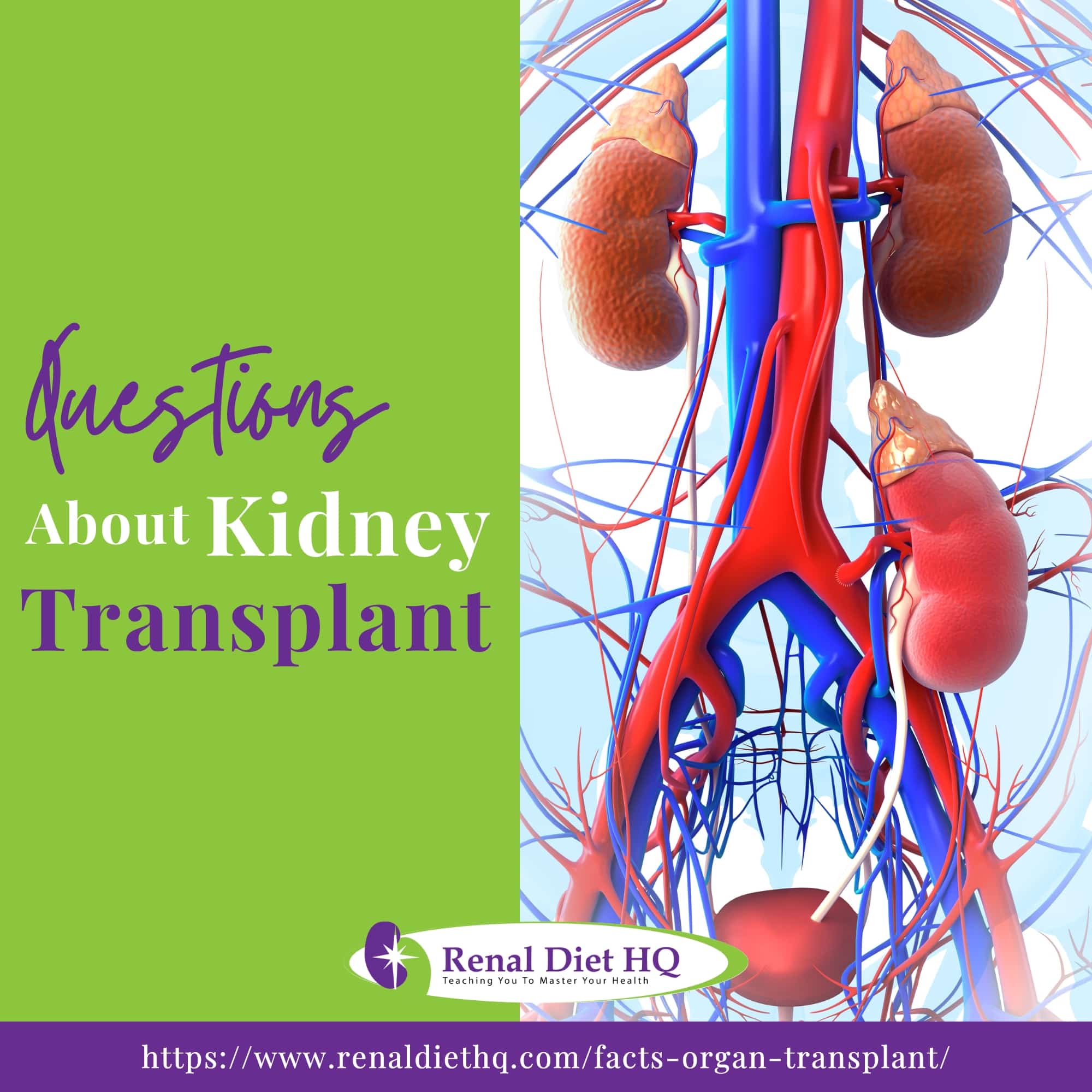
Sources of Kidney Donors
There are two main sources of organ donors, living and deceased. Donor demographics vary widely, influenced by transplant legislation in each jurisdiction. It's important to understand the emotional implications for both donor types.
| Donor Type | Legislation Influence | Emotional Implications |
|---|---|---|
| Living Donor Kidney Transplants | Varies per location; often involves donor remuneration | Complex; can involve feelings of altruism, fear, and anxiety |
| Deceased Organ Donor | Strictly regulated to prevent unethical organ trade | Affects loved ones left behind |
Evaluating the Eligibility for a Kidney Transplant
In exploring your path to a possible kidney transplant, it's vital that we consider two key elements, the Health Requirements Assessment and the Eligibility Criteria Discussion.
This is where we'll meticulously assess your overall health status, focusing on pertinent factors such as existing medical conditions, lifestyle habits, and any potential risks involved.
We'll also discuss in detail the specific criteria you must meet to qualify for this life-altering procedure, ensuring you're fully versed in what's expected and what lies ahead.
Health Requirements Assessment
You'll need to undergo a comprehensive health assessment before you can be considered for a kidney transplant. This evaluation is designed to ensure that you're physically, psychologically, and socially prepared for the procedure and ensuing lifestyle changes.
Your healthcare transplant team will focus on several key factors:
- Dietary modifications: You'll need to adhere to strict dietary rules both pre- and post-transplant.
- Physical activity: Regular exercise helps improve overall health and recovery rate.
- Psychological impact: It's crucial to understand the emotional toll of transplant surgery, including potential stress, anxiety, or depression.
Family support plays a significant role in your journey through patient education sessions. Learning about the process together creates a supportive environment conducive to successful transplantation. Remember, this isn't just about you; it involves everyone close to you too.
Eligibility Criteria Discussion
Let's look into the eligibility criteria that must be met for this life-changing procedure. Contrary to transplant misconceptions, the process is not limited by age or medical history alone. It's a thorough evaluation ensuring both the donor's rights and the recipient's suitability.
Factors like physical health, psychological well-being, and support systems are scrutinized. Transplant coordinators work to manage the process with chronic kidney disease patients.
Understanding transplant legislation is crucial as it governs the ethical conduct of transplantation procedures. You must respect these laws while striving to serve others in need. This includes understanding the ethics around organ donation, it's not just about giving life but respecting each individual involved.
Lastly, don't underestimate the importance of recipient psychological support throughout this process. The emotional toll can be significant, so adequate counseling should be provided, to ease this journey for all parties involved.
The Role of Donors in Kidney Transplantation
In this next discussion, you'll delve into the critical role that kidney donation plays in kidney transplantation. You'll focus on two key areas, identifying potential donors and understanding the differences between living donor kidney transplants and deceased donor kidney transplants.
You'll discover how to effectively pinpoint individuals who could serve as potential life-savers through their donation.
Moreover, you'll gain a comprehensive view of the pros and cons associated with both living and deceased donor transplants. This will allow you to make informed decisions in your practice or research.
Identifying Potential Donors
Finding a suitable kidney donor isn't always easy, but it's an important step in the transplant process. You must consider several factors, when identifying potential donors:
- Donor diversity: A diverse donor pool can increase the success rate of transplantation. It's true that some blood types, such as those with type 0 blood can only receive from other type O blood donors. But type O blood kidney transplant donors can give to every other type of blood.
- Psychological impacts: Understand that donation can have emotional effects on both the donor and recipient. Working with a transplant coordinator and a social worker can help you with the process both financial issues and medical insurance concerns.
- Family involvement: Families often provide essential support during this process.
Ethical considerations are also paramount; you must ensure that donors are not exploited or coerced into donating. Consider international donations, as they expand your options for finding an appropriate match.
Living Vs Deceased Donors
Leaving behind the identification of potential donors, you're now grappling with a complex choice of living vs deceased donors.
Both options come with their unique psychological impacts. Donor emotions can run high in the case of living donors, often involving family members who feel a moral obligation to help. This family involvement sometimes leads to recipient guilt, as they might feel burdened by the sacrifice their loved ones are making.
On the other hand, choosing a deceased donor brings its own societal perceptions and challenges that require careful consideration and emotional preparedness.
Navigating the Process of Getting a Kidney Transplant
Navigating your way through the process of getting a kidney transplant, but understanding key procedures such as Transplant Center Evaluation and Transplant Waitlisting Procedure can make all the difference. Being on the transplant list can take several months and years to be qualified for people with kidney failure and those on the waiting list may also wait several years for a transplanted organ.
When you're evaluated by a transplant center, they will examine your overall health, potential risks, and ability to adhere to post-transplant care. It's critical that you know what's involved.
Understanding how the waitlisting procedure works is important, from how priority is determined to what factors might affect your waiting time, this can equip you with the knowledge needed to navigate this complex journey.
Transplant Center Evaluation
You'll undergo a thorough evaluation at the transplant center to determine if you're a suitable candidate for kidney transplant. Center selection is critical, because it ensures it has proper Transplant Center Accreditation.
The transplant team, consisting of surgeons, kidney doctors, financial coordinators, and transplant coordinators, will guide this complex process. Kidney transplant recipients are carefully screened for eligibility and ability to tolerate the surgery as well as recovery.
- Pre-Evaluation Preparations: These include medical history review and comprehensive physical examination. When your kidneys start to fail, you might develop high blood pressure and coronary artery disease which can affect your other organs.
- Evaluation Duration: This varies but typically lasts several hours to a few days.
- Post-Evaluation Follow-up: Based on your evaluation results, your eligibility is determined. Your medical treatment will continue whether it's with ongoing medical tests or continued dialysis treatment for end-stage kidney disease.
Remember that serving others starts with taking care of yourself first. So be prepared for this life-changing decision, by understanding each element from center selection to post-evaluation follow-ups.
Your courage and strength are commendable as you embark on this journey towards improved health and well-being. Your long term survival and life expectancy is much better for CKD if you are a transplant candidate who receives a kidney.
Transplant Waitlisting Procedure
After your evaluation at the transplant center, you're now ready to tackle waitlist challenges. The complexity of the waitlist procedure requires a solid foundation in transplant education. You need to understand how organs are allocated and stay updated on your status.
It's not just about waiting, it's also about emotional preparation for what lies ahead. Dealing with anticipation, anxiety, and at times, disappointment can be hard, which is why family involvement is crucial during this period. Having your loved ones by your side can provide invaluable comfort and support.
The Financial Aspect of Kidney Transplantation
You're about to explore the complexities of insurance coverage for transplants, a vital aspect often overlooked in the transplant journey. Understanding your policy's details isn't just necessary pre-transplant. It's crucial to familiarize yourself with post-transplant financial responsibilities as well.
Insurance Coverage for Transplants
It's important to understand that insurance coverage for kidney transplants can vary greatly depending on your specific plan.
- Insurance exclusions: Some plans may exclude certain transplant-related expenses, such as post-operative medication or home health care. You will require a lifetime of anti-rejection medications and have additional immunosuppressive medications that will involve recovery time and regular checkups.
- Policy limitations: Your policy might have a cap on the total cost it will cover for a transplant. Your follow up medical care can be extensive and working on other medical issues will also be important to manage your new kidney!
- Transplant specific policies: Certain policies offer specialized coverage for transplants, which could potentially reduce out of pocket costs. Working with a financial coordinator can help a great deal with navigating the process.
You'll need to carefully review your policy's details and consult with your insurer directly if you encounter any confusion. In cases where coverage is denied or limited, remember you have options through the insurance appeal process.
Being well-informed will help you navigate these financial waters with confidence and ease in serving others going through similar situations.
Post-Transplant Financial Responsibilities
After examining insurance coverage for kidney transplants, let's now shift our focus to your post-transplant financial responsibilities. It's crucial to understand that the transplant process and the subsequent care involve significant costs.
To manage these expenses effectively, you'll benefit from financial counseling. This guidance can help you develop practical cost management strategies which may include exploring fundraising initiatives for medical bills or searching for grant opportunities.
Furthermore, don't overlook your employer benefits, they may offer resources that alleviate some of these financial pressures. Remember, securing your financial health is as essential as physical health in this journey.
Embracing Life Post-Transplant: Care and Maintenance
You've successfully navigated the kidney transplant process, but your journey doesn't end there. It's crucial that you understand how to manage your post-transplant medication regimen to maintain the health and longevity of your new organ.
You'll need to adapt to lifestyle changes post-transplant. These changes may involve adjustments in diet, exercise, and overall wellness strategies. All of these elements are critical in ensuring a successful transition into this next phase of your life.
Post-Transplant Medication Management
Managing your medications post-transplant is crucial to ensure your new kidney functions properly. Medication adherence isn't just about taking your medicine on time; it's also understanding the importance of anti-rejection medicines and immunosuppressive medicines in preventing rejection, managing side effects, and avoiding drug interactions.
Here are a few things to remember:
- Regular medication reviews: Routine check-ins with your healthcare provider can help adjust dosages and manage any potential side effects.
- Drug interaction prevention: Be aware of how other medications or supplements could interact with your transplant medications.
- Immunosuppressant importance: Never skip these drugs as they're essential in ensuring your body accepts the new kidney. Health professionals can guide you on using generic medicines and antirejection medicines to ensure you are able to afford your medications.
Your diligent efforts will contribute significantly to maintaining optimal health and longevity for your transplanted kidney.
Lifestyle Changes Post-Transplant
Your new exercise regimen should ideally encompass both cardiovascular workouts and strength training. This not only bolsters your physical strength but enhances your mental wellness too.
Nutritional adjustments are necessary as well, you'll need to focus on protein-rich foods while limiting sodium and cholesterol. Frequent checkups with your kidney care team and kidney doctor will be a key to continued health.
Equally important are social relationships that provide emotional support during this transformative phase. Don't isolate yourself, engage in meaningful interactions with family, friends or support groups.
Career implications should also be considered. You might need to make adjustments at work, such as reducing hours or modifying tasks initially post-transplant. Remember, your health is paramount when it comes to kidney transplant surgery.
Strategies for Finding a Suitable Kidney Donor
You're now stepping into the next phase of your journey, finding a suitable kidney donor candidate.
It's crucial to develop effective strategies for donor searching, and understanding how to navigate online donor communities can play a significant role in this process.
Let's delve deeper into these topics, examining various techniques and digital platforms that'll help streamline your search, connecting you with potential donors more efficiently and effectively.
Donor Searching Strategies
Finding the right kidney donor candidate can be a challenging process, but there are various strategies you can use to increase your chances. Here are some key factors:
- Donor Motivation: Understand what motivates people to donate. Often, it's an altruistic desire to help others.
- Transplant Legislation: Familiarize yourself with local and global transplantation laws. Certain countries have more lenient rules that may favor your situation.
- Ethical Considerations: Always consider the ethics of transplant tourism. It's crucial to ensure any organ donation is legal and consensual.
By focusing on these areas, you can navigate through the complexities of finding a suitable donor while respecting ethical considerations and transplant legislation.
Online Donor Communities
Having explored donor searching strategies, let's navigate the landscape of online donor communities.
You'll find that digital outreach is key in fostering community engagement and driving donor motivation. These platforms provide a safe space for individuals to connect, share experiences, and encourage potential donors. Finding a kidney donor isn't easy but transplant patients can have a positive experience.
Nonetheless, online safety should be your top priority. Be cautious about sharing personal information and verify the credibility of users before engaging further.
Ethical considerations are also crucial. Ensure transparency in all interactions and respect everyone's privacy rights within these digital spaces.
The Crucial Evaluation Process for a Kidney Transplant
Delve into the complex intricacies of the kidney transplant evaluation process, you'll find yourself navigating through a series of carefully designed steps. These are not merely procedural checkpoints. Each one plays a pivotal role in determining donor compatibility, an aspect that's absolutely essential for a successful transplant.
In this technical discussion, we'll explore these critical steps and highlight how they contribute to establishing a match between you and your prospective donor.
Evaluation Process Steps
You'll need to undergo several tests during the evaluation process for a kidney transplant. These tests are designed not just to assess your physical fitness, but also your psychological readiness. Ensuring that you're mentally prepared for the changes and challenges ahead.
- Psychological Readiness: This ensures you're emotionally stable and have a robust support network in place.
- Transplant Legality: It's essential to verify that the donor organ is obtained legally, following stringent transplant ethics.
- Donor Counseling & Recipient Support: Both parties receive thorough counseling—donors about potential risks, recipients about post-transplant care.
Determining Donor Compatibility
Having just navigated the evaluation process, you're now moving into a critical phase. This phase focuses on determining donor compatibility. This involves meticulous steps to ensure safety and success.
Donor communication, psychological readiness, ethical considerations, blood type matching, and genetic screening, with all of these in mind, your quality of life can be amazing! There are incompatible blood types such as type O blood that cannot accept a kidney from anyone other than someone with type O blood.
Open and honest donor communication is vital. It's important that both parties are psychologically ready for this life-altering decision. Ethical considerations also play a massive role, informed consent must be secured.
Then comes the scientific part, blood type matching and genetic screening. These tests ensure that your body won't reject the donated kidney.
| Process | Importance |
|---|---|
| Blood Type Matches | Prevents Rejection |
| Genetic Screening | Detects Disease Risks |
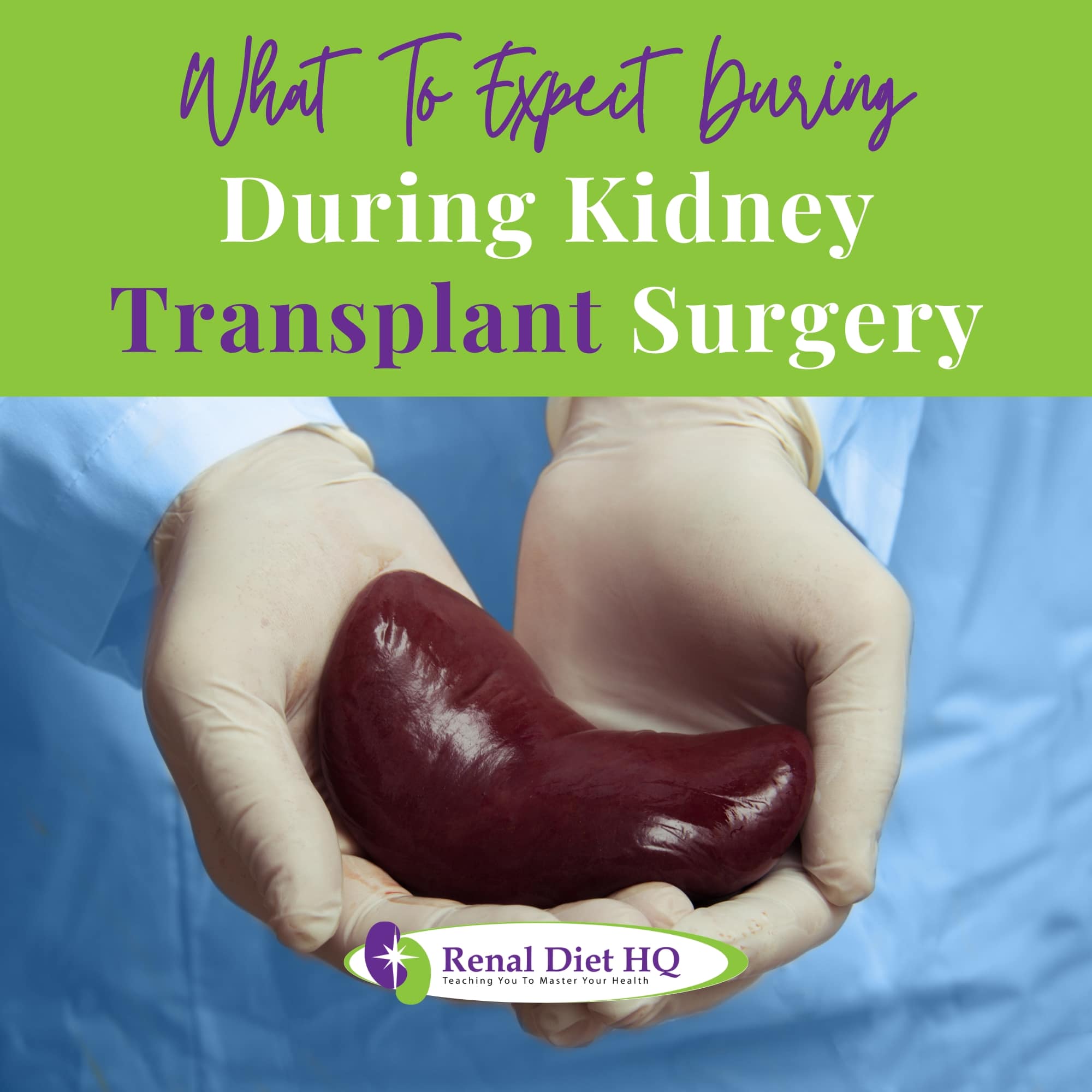
What to Expect During Kidney Transplant Surgery
You're now stepping into a critical phase of your kidney transplant journey, the surgery itself.
It's important to understand both the duration and intricate process this surgical procedure encompasses, as well as what you can expect during the post-surgery recovery period.
Armed with this knowledge, you'll be better prepared for what lies ahead and can actively contribute to a successful outcome. The kidney transplant program will work with you as part of the transplant hospitals goal to make sure you are well taken care of and ensure your adequate kidney function returns.
Surgery Duration and Process
It's important to note that the duration of kidney transplant surgery typically ranges from 3 to 4 hours. As a person committed to serving others, you should be aware of several aspects involved in this procedure:
- Patient preparation: This involves pre-operative tests and procedural clarifications.
- Family involvement: It's vital for emotional support and understanding the post-surgery care.
- Anesthesia risks: All surgeries carry some risk, including reactions to anesthesia.
Knowledge of possible surgical complications can help you better assist patients. Post surgery complications may include infection or rejection of the new kidney. By understanding these details, you're well-positioned to provide comprehensive care and support during this crucial time.
Post-Surgery Recovery Period
Post-surgery recovery period's length can vary, but patients typically spend several days in the hospital followed by a few weeks of close monitoring at home. During this time, you'll engage in rehabilitation exercises to restore strength and mobility. Emotional support is vital for psychological adjustment, don't hesitate to reach out to trusted individuals or professional counselors.
Dietary modifications are also necessary post-surgery to promote healing and kidney function. Wound care is another crucial aspect as proper attention ensures infection prevention.
| Key Aspect | Importance |
|---|---|
| Rehabilitation Exercises | Restores strength and mobility |
| Emotional Support & Psychological Adjustment | Facilitates coping with changes |
| Dietary Modifications & Wound Care | Promotes healing and prevents infections |
Remember, each person's recovery journey is unique; patience and perseverance are key elements in your post-surgery phase.
The Risks, Complications, and Lifestyle Changes After a Kidney Transplant
Navigating the post-transplant landscape can be a complex endeavor, and it's crucial you're well-informed about the necessary lifestyle modifications and risk management strategies.
You'll need to grapple with significant alterations in your daily routines, dietary habits, exercise regimen, medication schedules, among others as part of your journey towards optimal recovery.
Equally important is understanding how to effectively manage potential risks associated with kidney transplantation. From common complications like infection or organ rejection to more intricate issues, such as transplant-related malignancies or cardiovascular disease.
Post-Transplant Lifestyle Changes
You'll need to make some major lifestyle changes after your kidney transplant to ensure the success of the operation. These modifications are not just physical but also impact your dietary patterns, mental health, and social interactions.
- Dietary adjustments: You must maintain a balanced diet. Nutrient-rich foods aid in healing and maintaining kidney function.
- Mental health: It's crucial to manage stress effectively. Participate in mindfulness exercises or therapy sessions for emotional well-being.
- Physical activity: Regular exercise promotes overall health. Start with light activities and gradually increase intensity under medical guidance.
Remember, regular routine check-ups are key to monitor your progress post-transplant. Embrace these changes as stepping stones towards a healthier life rather than viewing them as restrictions.
The service you're providing yourself is invaluable!
Managing Transplant Risks
Managing potential risks after the operation is a crucial part of ensuring its long-term success. You'll need to monitor closely for signs of transplant rejections, such as fever or pain in the area of the kidney.
Practicing diligent infection prevention is key; you should wash your hands regularly, avoid large crowds and those who're sick, and keep your vaccination schedule up-to-date.
Dietary adjustments are also necessary, opt for low-sodium, kidney-friendly foods while reducing alcohol intake. The psychological impact shouldn't be undermined; rather, seek support if you're feeling anxious or depressed post-transplant.
Incorporating exercise post-transplant into your daily routine can help improve physical strength and mood stability too. Managing these risks helps secure a successful recovery.
Frequently Asked Questions
Your emotional well being significantly impacts the success of a kidney transplant. High stress levels can impair your body's ability to heal and accept the new organ.
Emotional resilience, coping mechanisms, and solid patient support are crucial for mental health maintenance during this time.
It's essential to manage stress effectively and maintain positive mental health as it directly affects your recovery trajectory post-operation.
If a kidney transplant isn't in the cards for you, don't lose hope. There are other options you can explore.
Dialysis is often effective, taking over some functions of healthy kidneys.
Recent stem cell research offers promising alternatives.
Immunotherapy has potential too, as it uses your body's immune system to fight disease.
Also, consider lifestyle modifications: healthier eating and regular exercise can do wonders for kidney health.
After a kidney transplant, you're free to travel, but with some precautions. Your travel preparations should include proper medication management.
Always carry a sufficient supply of your meds and know how to store them. Consider purchasing travel insurance that covers any health emergencies abroad.
Destination considerations are also vital. Avoid places with a high risk of infection. Post-transplant activity should be moderate, nothing too strenuous that might endanger your new organ's function.
The transplant process can greatly impact both the patient's and donor's family. Financial implications may arise from medical costs, potentially straining family resources. If a sibling is the donor, psychological adjustments might be necessary to manage fear or guilt.
Caregiver stress is another concern as loved ones juggle responsibilities and emotions. The need for open, clear communication within the family becomes paramount to deal with these challenges effectively and support each other through this demanding experience.
Answering Your Questions About Kidney Transplants
Kidney transplantation may seem complex, but it's a life-saving procedure. You've learned about eligibility, donor importance, the process itself, financial aspects, and finding a suitable donor.
You've also understood the evaluation procedure, surgery expectations, and post-transplant life. It's crucial to stay informed and proactive throughout your journey for better outcomes. Remember, knowledge is power when navigating through this transformative health decision.



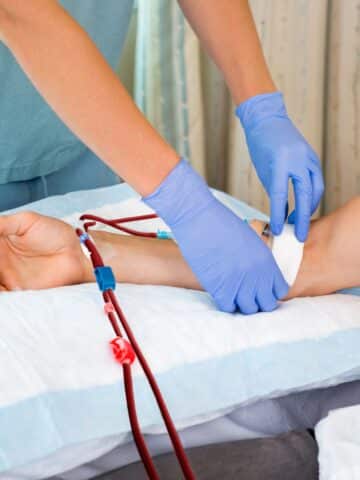



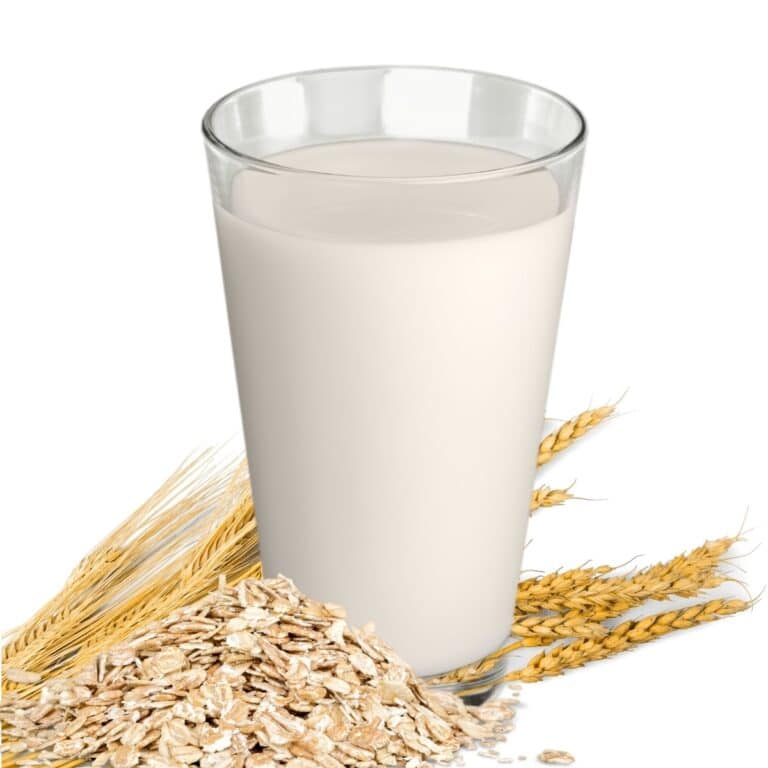
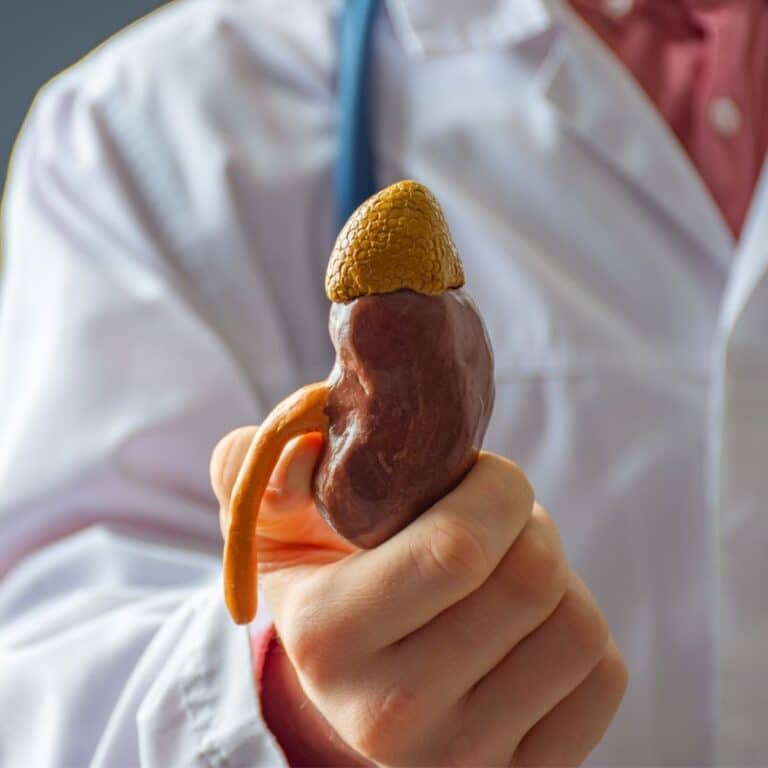
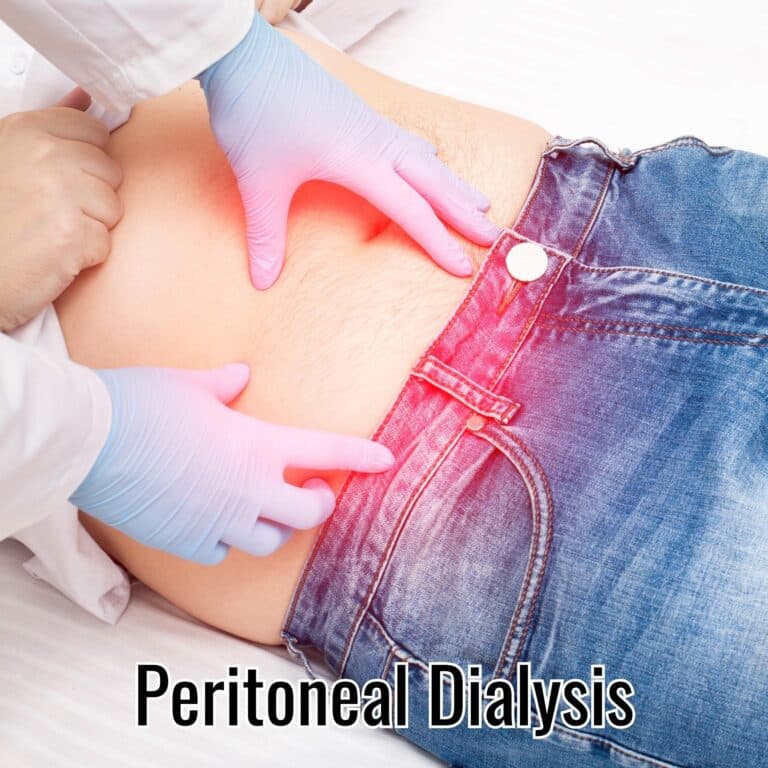




I had a kidney transplant 3 years ago. Things have gone very well and I am about to be released from care by the transplant hospital to my nephrologist in my town. Transplant patients have care problems and lab results that may be different from what is listed above. Should I pick kidney disease box above? or dialysis?